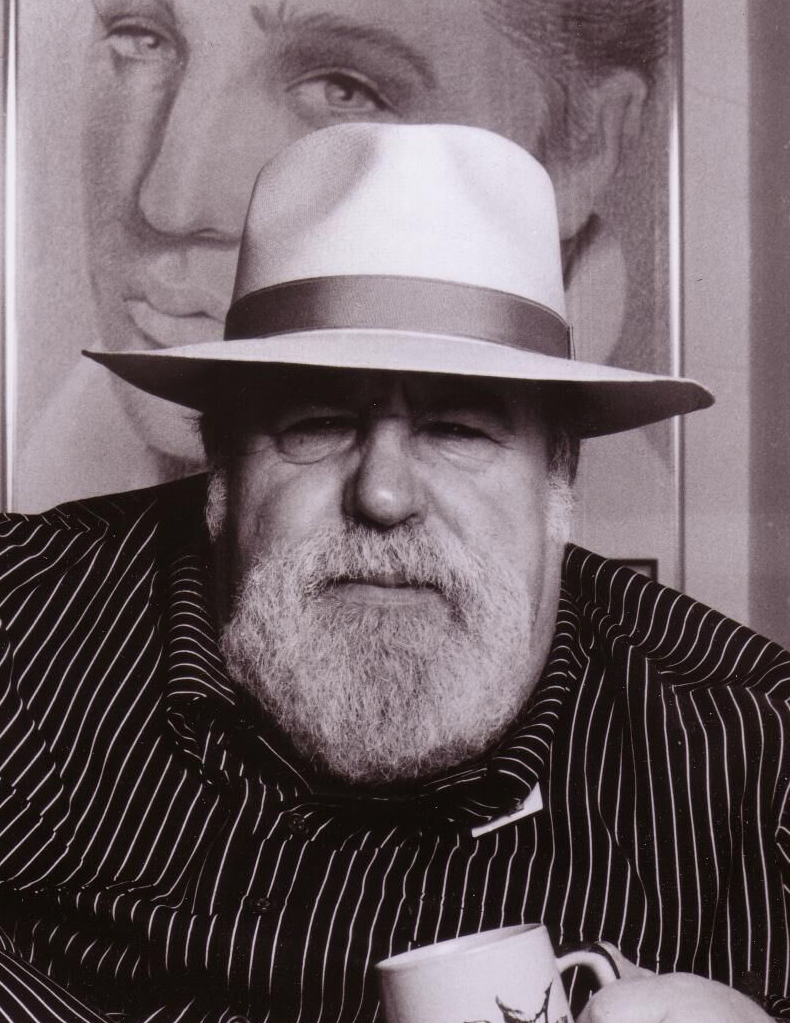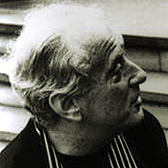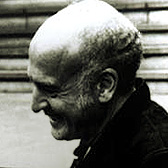
Legend who "helped invent rock n roll" (Rolling Stone)
Jerome “Doc” Pomus
InducteePartnership with Mort Shuman spawned dozens of hits including "Save The Last Dance for Me"
Though often over-used, the term "founding father" is totally appropriate in describing Doc Pomus' relationship to popular music. Born Jerome Solon Felder in 1925 in the Williamsburg section of Brooklyn, he became Doc Pomus in part to shield his middle-class family from his nocturnal activities as a rhythm and blues shouter. For it was as a singer, braced on crutches (Pomus contracted polio at age six), that he entered the world of music which was to become his life.
George's Tavern, a small, smokey Greenwich Village music spot, was the setting for the 18-year-old Pomus' singing debut. His rendition of his life-long idol, Big Joe Turner's "Piney Brown Blues," backed by trumpeter Frankie Newton's band, was successful enough to launch a 10-year career. From 1944 to 1955 Pomus performed in clubs throughout the metropolitan area. Leading a band, which included legendary guitarist Mickey Baker and saxophonist King Curtis, Pomus recorded for the Savoy, Atlantic, Coral and Chess labels. At first, penning songs for his own recordings, he soon became a major song source on the New York scene and a regular at the new Atlantic Records' office, creating classics for Laverne Baker, Ruth Brown, Lil Green, Ray Charles and Big Joe Turner. He enjoyed his first rhythm and blues top ten hit with "Lonely Avenue" by Ray Charles. Hooking up with a team of two other young songwriters, Jerry Leiber and Mike Stoller, he hit big with the Coasters' "Young Blood."
Pomus, by coincidence, met a talented teenaged fledgling songwriter Mort Shuman, who was dating Pomus' cousin. He took Shuman under his wing and eventually the two became full partners despite the 15-year age difference between them.
Ultimately, the pair enjoyed a wonderful nine-year association resulting in a major body of work which, collectively, became a dominant force on the record charts and led to sales of well over one hundred million. The songs included, "This Magic Moment," "Save The Last Dance For Me," "Teenager in Love," "Can't Get Used To Losing You," "Turn Me Loose," "Hushabye," "I Count The Tears," "Sweets for My Sweet" and "Seven Day Weekend," among many others. For Elvis Presley, they produced a series of major hit songs, including "Little Sister," "Viva Las Vegas," "His Latest Flame," "Surrender," "Suspicion," "A Mess of Blues" and "Long, Lonely Highway," to mention a very few.
During the mid-60s, Pomus teamed on different projects with Otis Blackwell, Ellie Greenwich, Phil Spector and Leiber and Stoller. His union with Spector produced the memorable "Ecstasy" and "Youngboy Blues" for Ben E. King, and with Leiber and Stoller "She's Not You" for Elvis. Toward the close of the 60's, the Pomus/Shuman team dissolved, with Shuman leaving for Paris and Pomus entering semi-retirement for almost ten years.
In the years between the Pomus/Shuman break-up and his re-emergence in the mid-70s, Pomus, as Bette Midler's musical advisor, brought her national attention by booking her first Tonight Show appearance, and was instrumental in her signing to Atlantic Records. He also figured significantly in the creation of Belushi and Akroyd's Blues Brothers.
Pomus created some of his most beautiful and adult work during the final decade of his life. His collaboration with Dr. John, Ken Hirsch and Willy DeVille produced tracks for Ray Charles, Joe Cocker, Marianne Faithful, Johnny Adams, Irma Thomas, Jose Feliciano and B.B King (whose Pomus/Dr. John penned "There Must Be A Better World Somewhere" album won a Grammy Award). Pomus also wrote original material for such motion pictures as "Dick Tracy" and John Waters' "Cry Baby."
As a crusader for the many forgotten and overlooked, Doc was dedicated in particular to helping R&B artists who had fallen on hard times. Mike Stoller called Doc the "arch angel of rhythm and blues." He was a founder and trustee of the Rhythm and Blues Foundation, and was the recipient of their prestigious Pioneer Award (the only white honoree to date).






